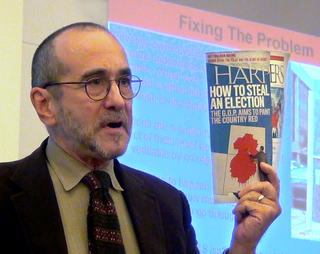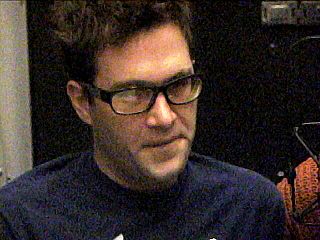A Quote by Mike D'Antoni
Most of the time when there's a communication problem, it's because the message being received is not the message you want. It's not that they don't know what they need to do, how we need to act as a team, whatever. If you don't like the message, then you go say there's a communication problem.
Related Quotes
We think of communication as words. But a screaming child is trying to say something. A tantrum carries a message. Hitting is communication. Sleep patterns carry a message. Even the sulky belligerence of a teen is an attempt to convey a message. Everything the child does says something to the person who is willing to take the time to listen carefully.
Developing excellent COMMUNICATION skills is absolutely essential to effective leadership. The leader must be able to share knowledge and ideas to transmit a sense of urgency and enthusiasm to others. If a leader can't get a message across clearly and motivate others to act on it, then having a message doesn't even matter.
The audience does not need to tune themselves to you - you need to tune your message to fit them. Skilled presenting requires you to understand their hearts and minds and create a message to resonate with what's already there. Your audience will be significantly moved if you send a message that is tuned to their needs and desires. They might even quiver with enthusiasm and act in concert to create beautiful results.
The message of the United States is not nuclear power. The message of the United States is a spiritual message. It is the message of human ideals; it is the message of human dignity; it is the message of the freedom of ideas, speech, press, the right to assemble, to worship, and the message of freedom of movement of people.
Like propaganda generally, advertising must thus pervade the atmosphere; for it wants, paradoxically, to startle its beholders without really being noticed by them. Its aim is to jolt us, not "into thinking," as in a Brechtian formulation, but specifically away from thought, into quasiautomatic action: "To us," as an executive at Coca-Cola puts it, "communication is message assimilation--the respondent must be shown to behave in some way that proves they [sic] have come to accept the message, not merely to have received it.
If you have an image of someone cutting off a relationship, it's the cutting off that will lead to your suffering. If you see the action as their need being expressed, then the message is within them, not you. Any interpretation you put onto another person's message (such as passive-aggressive, withholding, etc.), you will pay for because of how you took it.
I know as an aunt, you fall into the trap of turning to your niece and saying, 'you look beautiful' - because of course all children do look beautiful - but if the message they get is that is what's important and that is what gets praise, then that's not necessarily the most positive message you want them to hear.






































